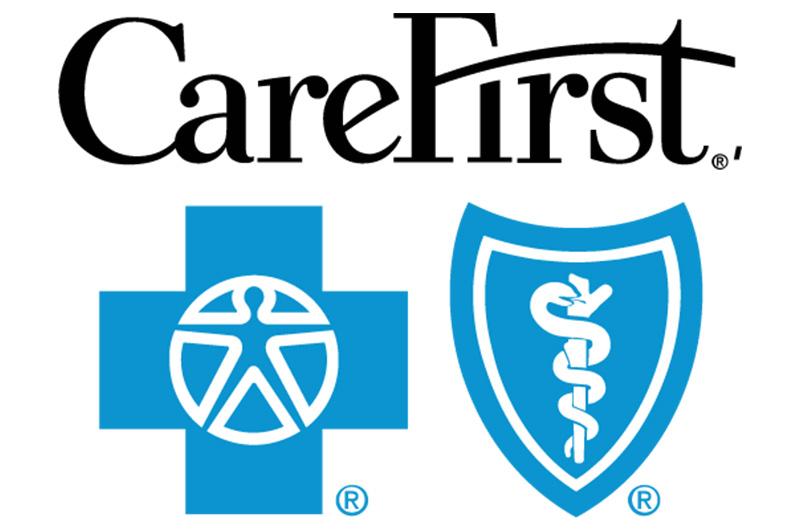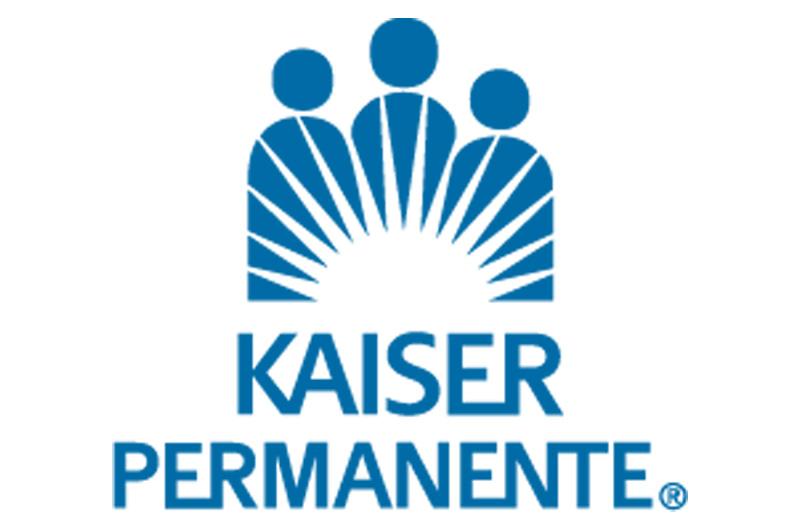Well-Being
The university is committed to supporting the overall well-being of all employees. Listed below are resources and programs available for emotional, physical, family, and professional well-being.
Emotional Well-Being
There are several resources available to employees:
- The Faculty Staff Assistance Program (FSAP). Through the FSAP, employees and their family members can access free assessment, referral, and counseling services for personal or job-related concerns. FSAP works with employees to address various needs and topics, including depression, anxiety, substance abuse, relationships, work and family conflicts, and medical, legal, work, or financial challenges.
- Health Benefits. Employees enrolled in one of the health benefit plans offered through the University of Maryland can access mental health coverage, which includes office visits. See the State of Maryland’s Health Benefits Guide for more information.

CareFirst BlueCross BlueShield
Offers in-person/virtual visits, 24/7 digital mental health support (7 Cups), virtual-first primary care with behavioral health, and access to therapists through Headway.

United Healthcare
Provides self-care tools, Talkspace online therapy, virtual behavioral health visits, and in-person support for mental health and substance use treatment.

Kaiser Permanente
Delivers in-network care for mental health, digital well-being apps (Calm, Headspace), and specialized support for first responders via Harbor of Grace.
Physical Well-Being
Physical activity and exercise are essential strategies for reducing stress.
University Recreation and Wellness (RecWell) offers programs that include the Well at Work Website and Facebook community, fitness classes, and UMD’s golf course.
The University Health Center is staffed by over 100 diverse college health and wellness professionals who serve many student and employee needs. Services for employees include occupational health, massage and acupuncture, health promotion and wellness, and ancillary services such as pharmacy services.
The State of Maryland provides annual physical screenings free of charge to those enrolled in its benefits plans. View the current health benefits guide to learn more.
Family Well-Being
Providing our faculty, staff, and graduate assistants with additional options for family support, child care, and elder care services is a priority. The university has a suite of family care benefits for employees and graduate assistants, including a comprehensive webpage and a partnership with Care.com.
A cornerstone of these resources is Care@Work by Care.com. Through this partnership, eligible individuals will have access to a free Premium Care.com membership. In addition, these individuals will have access to two options for subsidized backup care for children or adults/elders. One option gives access to in-home or in-center providers vetted by Care.com and covered through an affordable co-pay, while the other provides partial reimbursement for a provider in your network.
Professional Well-Being
The University Ombuds Services can be consulted by university community members who encounter problems they cannot resolve through ordinary channels. An Ombudsperson listens to complaints and helps to resolve them if possible. An Ombuds officer is confidential, independent, and impartial.
University Human Resources offers services to support your professional development and help resolve workplace issues. The Office of Talent Development provides free online training programs via LinkedIn Learning to support all employees’ skill development and personal growth. The Office of Staff Relations is responsible for providing guidance and assistance to employees and managers on various employee relations issues, including collective bargaining, disciplinary actions, and grievance matters.
The Center for Leadership and Organizational Change (CLOC) offers many services to leaders and work teams to improve the work environment.
The Conflict Resolvers’ Network is a consortium of advisors, counselors, mediators, and consultants dedicated to resolving workplace conflicts, assisting employees with personal or job-related concerns, investigating complaints of discrimination, improving leadership skills, and advising on personnel matters.
